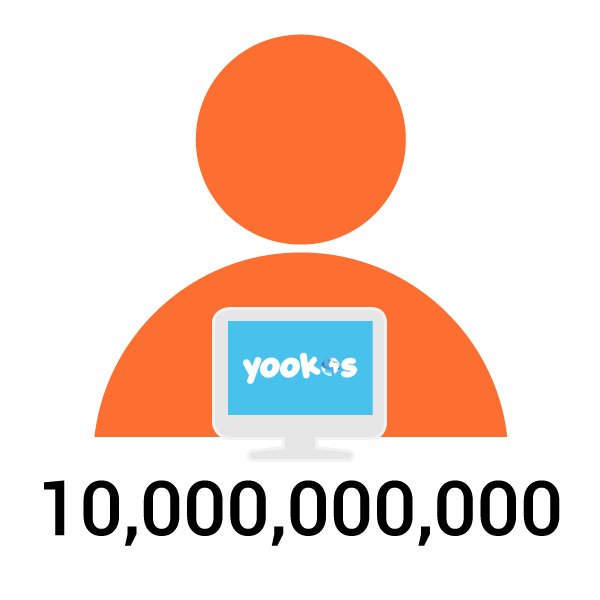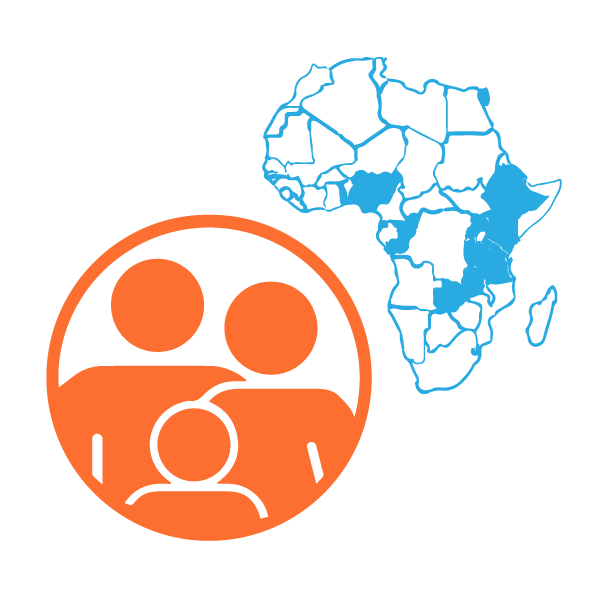Connection...
Could there be a more basic need?
Africans, like everyone else crave interaction with others. Yet, as the West promotes individualism and the ‘unique identity’ as the mantra du jour, many Africans continue to perceive their identities in the context of a tribe or community. This sense of community – be it for profitable, practical, or even social purposes has long been heralded as a pinnacle of African culture.
Or maybe we can even call this quintessentially African, thriving desire for togetherness and connection with others, an analogue precursor to the now global and digitalized P2P / sharing economy.
Cue the 'Africanization' of online social and peer-to-peer platforms.
Collaborative consumption and the digital manifestation of connected Africans is in overdrive, and showing no signs of slowing down.
Mobile connectivity and the online world has expanded both the scope and scale of Africans’ networks across the continent and beyond, making it easier to connect with friends, strangers and brands, in both the real and virtual realms. These connections may be old news in the West in 2014, but the constant, timely, relevant, social, practical and personal interactions are still in their infancy in Africa, and their potential to solve African problems is undeniable.

Afrodigit.com, August 2014Yookos (You Own Your Kosmos) is a Nigerian social networking site founded in 2011 by Pastor Chris Oyakhilome of ‘Christ Embassy’, a Christian ministry that pulls up to 1.2 million attendees in a single event. The site now boasts over 10 million ‘believers’, who can share prayer points and fellowship with other Christians in over 160 countries worldwide.
AFRICONNECTION is sweeping across the continent.
These connections are niche, community-focused and often leverage existing networks.
3 strands of AFRICONNECTION looked at here:
1. ME-2-WE
Connecting peers around shared interests and niche concerns.
2. TOGETHER WE STAND(ARDS)
Connecting people to serve community needs.
3. BY-PRODUCT PRACTICES
Leveraging existing connections, platforms and services for alternative purposes.
1. ME-2-WE
Connecting peers around shared interests and niche concerns.
Power in numbers
A plethora of Africans can't get enough of platforms that segment, fragment and highlight very specific concerns and interests.
In Africa, mainstream global social platforms are being adopted at a significant rate, proving that like everyone else, Africans enjoy connecting with others.
Yet unlike in other parts of the world, where social networks are frequently used to address niche issues*, niche topics within Africa have often been forgotten.
* Note how the now viral ‘ice bucket challenge’ used Facebook as a podium to raise awareness about the previously unknown ALS disease.
Niche is the new black
Now, African consumers are demanding more than a one-size-fits-all approach: they're looking for social platforms that address their niche interests and concerns.
Meanwhile, African brands are realizing that facilitating ME-2-WE connections between these often fragmented, overlooked consumers can generate rewarding and lasting benefits (both within the group and beyond).
Sokkaa
Online community for East African English Premier Football League fans
Launched in 2013 in Rwanda and rebranded in 2014, Sokkaa is an online soccer community specifically for African fans. With almost 200,000 fans, the site predominantly reports on the English Premier League from Kigali in a variety of East African languages such as Swahili and Kinyarwanda. The platform facilitates open discussions, and its fans can also chat with each other about players, teams and matches.
Samsung
Mobile app connects Tunisian Alzheimer's patients with family and friends
In June 2014, Samsung Tunisia and the Tunisian Alzheimer Association launched the Backup Memory Project, a mobile app designed to help Tunisians with Alzheimer’s disease. The app aims to provide autonomy for sufferers by helping them continuously reconnect, communicate with and recognize loved ones through stored profiles, shared experiences and notifications.
Asuqu
Online hub brings together creatives in Africa
Launched in April 2014, Asuqu is a networking platform for creative professionals. The Nigerian website provides content creators (such as designers, photographers, animators, architects, make-up artists, etc.) with a medium to collaborate, job hunt, discover, showcase and promote their work across the continent.
Serve the niche
Chances are, if you’re aiming to connect an underserved niche market in Africa, that they’re probably also under-served in many other areas, too.
Take the above examples: Asuqu provides industry-specific job listings, while Samsung provides useful health information to doctors based on patients’ app usage patterns.
What additional services can you provide for your following/ fans/ network?
2. TOGETHER WE STAND(ARDS)
Connecting people to serve community needs.
It takes a village to raise a child...
The global 'sharing economy' taps into this quintessential African ethos.
Connecting with others to share resources and responsibilities is an idea embedded deep in African culture. What’s more, the resilience of communities, whether in the form of tribes, regions or demographics, demonstrates that Africans are not as easily seduced by ‘individualism’ as their Western counterparts.
One way this is evolving in 2014? The intrinsically African zeal to support and share with the community is synchronising with emerging, tech-fueled collaborative consumption models and platforms.
Share and share alike
Community-focused platforms, schemes and tools are seamlessly updating the manner in which Africans share resources.
With converging macro-economic, political and technological forces at play in 2014, there’s no stopping the deluge of these TOGETHER WE STAND(ARDS) innovations overtaking the continent.

After surveying 5,000 respondents across Nigeria, Ethiopia, Uganda, Kenya, Tanzania, Zambia and the Democratic Republic of Congo, ‘family-oriented’ is named a key characteristic in 5 out of the 7 new consumer segments identified.
Nielsen Emerging Markets Insight Survey, 2014
National Health Insurance Scheme
First ever Nigerian community-based insurance scheme launched in Akwa Ibom
The National Health Insurance Scheme, NHIS, announced in August 2014, is a first of its kind programme in the Nigerian Akwa Ibom state for community based health insurance. The initiative aims to provide affordable healthcare to as many Nigerians as possible in order to meet the 2015 30% national health insurance coverage target.
OurHood
South African startup launches neighbourhood social network
May 2014 saw the launch of OurHood, an online notice board for local communities in South Africa. The private neighbourhood-specific social network allows residents to connect and engage in various topics relevant to their community, as well as share resources, trade/sell goods and report crime
MGCubed
Ghanaian community scheme provides interactive distance learning for rural schools
Make Ghana Girls Great! (MGCubed) is an education initiative equipping 72 government schools in impoverished regions of Ghana with high-tech equipment, such as solar powered computers and projectors, in order to facilitate interactive distance learning. Qualified teachers based in studios in Accra, broadcast live sessions directly to classrooms in rural communities, with the goal of transforming the future of 4,000 young girls.
Do you want to be featured in the next Africa Bulletin?
We’re doing something different for October’s Bulletin and featuring the region’s best innovations with local insights, directly from our Happy Spotting network.
These examples and insights will be read by thousands of our subscribers around the world… and could feature you!
Interested? Sign up to our Happy Spotting network and we'll be in touch with more information.
3. BY-PRODUCT PRACTICES
Leveraging existing connections for alternative purposes.
2014's Africa is 'GLOCALIZED'
And its connections are equally as paradoxical: global and local, universal and niche at the same time.
There’s no doubt that many (mainly young) Africans today, are enjoying a variety of options that allow them to directly connect with brands and other people. And despite the growing number of new, more local/niche innovations on offer, the ubiquity, reliability and network effect of mainstream and global online platforms (WhatsApp, Instagram, Airbnb, etc), means that rather than one type replacing the other, most consumers will engage different platforms for different purposes. This phenomenon has implications for brands that want to tap into AFRICONNECTION without necessarily reinventing the wheel.

GLOBAL: South Africa had the highest proportion of active Facebook users globally in Q2 2013: 68%.
LOCAL: While South Africa’s social network Mxit boasted 50 million users, growing at up to 50,000 users per day.
GlobalWebIndex, Q2 2014 / Afrodigit.com, August 2014
Facilitating connections is not the only way...
Maximising, repurposing and piggybacking off pre-established connections works too!
Successful African BY-PRODUCT PRACTICES will be those that leverage existing platforms and services to serve often completely different (but welcome) purposes.
Uber
Transport app offers frozen yoghurt on-demand delivery service in South Africa
In July 2014, transportation provider Uber collaborated with frozen yoghurt brand Filo, to offer its customers dessert on-demand in cities across South Africa (part of a global campaign). SA customers who used this additional service also qualified for a scarf to keep them warm whilst eating the cold dessert during South Africa’s winter season. Customers were billed automatically for orders via the Uber mobile app.
AiiSSEEE!
Game show and interactive platform for couples tackles health issues in East Africa
Launched in Q4 2013, AiiSSEEE is a radio game show and multimedia campaign for couples. The communications campaign, founded by Tanzanian production company Khanga Rue and US academic and government agencies, connects East African couples via social media, quizzes and games on the radio show. AiiSSEEE! intends to help couples in relationships to communicate effectively, and ultimately address health concerns such as HIV prevention, maternal health and family planning.
Kenya Tourist Board
#WhyILoveKenya social media campaign aims to revitalize Kenyan tourism industry
In June 2014, the Kenya Tourist Board announced a campaign using the hashtag #WhyILoveKenya across social media platforms, including Twitter, Facebook and Instagram. The campaign was launched after al-Shabaab’s bomb attacks devastated Nairobi and tourism to the country dwindled. On the surface, the campaign is a celebration of Kenya, however the Tourist Board has since rallied celebrities, tourists and corporate bodies to participate and showcase the ‘uniqueness’ of the country.









